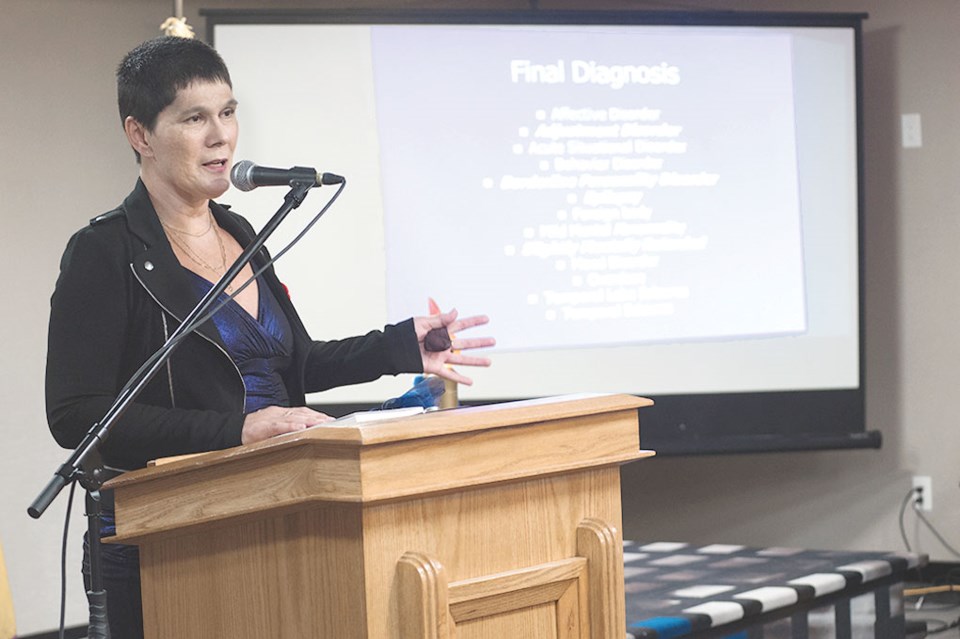One of the speakers at the Lions International District 5SKS convention, hosted by the Estevan Lions Club at the Western Star Hotel this past weekend, was a survivor of the ‘60s Scoop.
Dr. Jacqueline Maurice, a Métis woman who was born in Meadow Lake, said she wants to advocate for First Nations and Métis people, and bring awareness to the controversial period in Canadian history.
Maurice is a social worker and the author of The Lost Children: A Nation’s Shame.
Her book is about her experiences as a youth during the Sixties Scoop.
“A lot more people do know about the Sixties Scoop and I am quite ok with educating and letting others know the historical context of the Sixties Scoop,” said Maurice.
Not only was there the ‘60s Scoop in which young Indigenous people were taken from their homes and placed in foster homes and up for adoption, but Saskatchewan also had the Adopt Indian and Métis (AIM) program from the late 1960s until the mid-1980s. Nearly 2,000 children were either adopted or put in and out of foster care through AIM.
“I was never registered for adoption, even though it says Adopt Indian and Métis program,” said Maurice. “So in my particular case, I remained in and out of short-term and long-term foster homes right up until the age of 14, with various traumas and losses, and various different cultural losses as well.”
Maurice estimates there were 25,000 children across the country who were part of the ‘60s Scoop.
Sharing her story isn’t difficult, she said,, and she did her PhD on historical child welfare.
She has seen a growing awareness of the ‘60s Scoop across Canada in recent years.
Maurice believes Métis people should be included in compensation for the ‘60s Scoop. When federal Crown-Indigenous Relations Minister Carolyn Bennett announced support for survivors, the Métis weren’t included.
“There are thousands of us, Métis and non-status (Indigenous people) were not included as a part of that settlement, because it’s hard to prove who is who,” she said.
Many Métis people grew up in foster care, and experiencing exclusion again through the compensation package is difficult for them.
“To me, it’s still important to go forward and to continue to give a voice to this era,” said Maurice.
There are intergenerational impacts of the 60s Scoop, she said, which has resulted in what she called a millennium scoop.
“We still have a high percentage of Indigenous children going into the care of the system,” she said. “So this isn’t just taking a look back and lamenting about the past, this is about saying how can we learn and how can we break this systemic cycle of children being continuously in care.”
Maurice is hopeful Métis people will one day be included in compensation for the ‘60s Scoop. She vowed to keep advocating for them.



